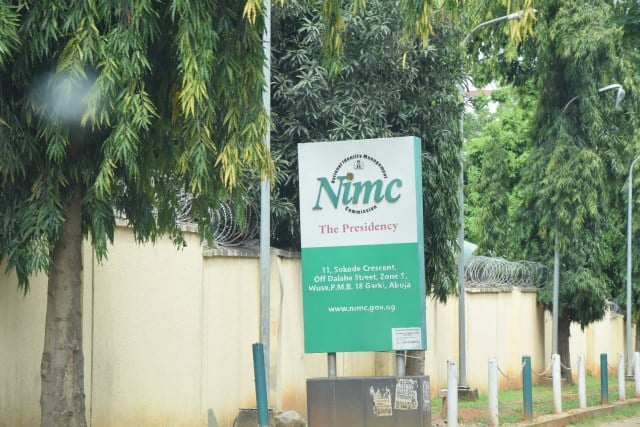A Critical Look at the Controversial Lusaka Archdiocese Letter
A Critical Look at the Controversial Lusaka Archdiocese Letter
A recent letter circulating under the Lusaka Archdiocese’s name has raised significant concerns, primarily due to the absence of Archbishop Dr. Alick Banda’s signature. In Catholic tradition, official statements especially those involving political or national matters must be issued or explicitly endorsed by the diocesan bishop. The lack of this clear ecclesiastical authority raises questions about the legitimacy of the letter and the intentions behind it.
In Catholicism, church protocol is sacrosanct. Canon law stipulates that official positions on national matters must be signed by the bishop, ensuring that they are representative of the diocese’s official stance.
The absence of Archbishop Dr. Alick Banda’s signature on this letter is not just a procedural oversight; it’s a fundamental deviation from established Church practices. As Fidelis Solomon Ngoma, Executive Director of the Acton Institute for Policy Analysis, pointed out:
“The Catholic Church must speak with one voice, rooted in authority and clarity. Any statement without the clear endorsement of the diocesan bishop is at best misrepresentative and at worst a direct challenge to the Church’s integrity.”
While the unsigned letter appears to confront the current government, this stance goes against the Church’s longstanding commitment to neutrality and reconciliation. The Catholic Church has always strived to be a voice for unity, advocating for peace and justice without taking sides in political conflicts. In a statement defending the Church’s broader approach to national issues, Ngoma emphasized:
“It is essential that the Church, in its role as a moral guide, remains neutral in the political arena. The Church’s mission is not to pick political sides but to promote justice, reconciliation, and peace, serving as a unifying force for all people, regardless of political affiliation.”
This concern over the Church’s neutrality becomes even more pressing with reports that Archbishop Dr. Alick Banda has distanced himself from the statement. If this report is accurate, it is clear that the letter in question did not come from the Archbishop or his office.
The failure to follow canonical procedures not only undermines the authority of the Archdiocese but also places the Archbishop’s position at risk. This potential for premature retirement is an unfortunate consequence of actions that deviate from the Church’s established norms.
Ngoma, reflecting on the need for transparency and alignment with Church teachings, starts, “For the Church to maintain its credibility and influence, it must ensure that its statements reflect its core values of dialogue, reconciliation, and unity. Any deviation from these values not only risks the Church’s reputation but also diminishes its moral authority in the eyes of both the faithful and the broader public.”
This situation also highlights the need for all members of the Church to respect its institutional procedures. While it is natural for individuals to want to speak out on national issues, it is critical that they do so within the framework of Church authority. Ngoma further clarified:
“The Church must safeguard its institutional integrity by ensuring that any statements made on behalf of the diocese are properly endorsed by its rightful leadership. To do otherwise is to invite confusion, division, and potential harm to the Church’s mission.”
As the controversy surrounding the Lusaka Archdiocese letter continues to unfold, it is crucial that the Church returns to its guiding principles of peace, unity, and moral clarity. The Church’s role is not to engage in political confrontations but to provide spiritual leadership and guidance that fosters reconciliation.
“The Church’s strength lies not in political posturing but in its unwavering commitment to the Gospel of peace and justice. If the Church remains true to these values, it will continue to be a force for good in Zambia, serving as a source of hope and moral guidance in times of national challenges.” Adds Ngoma





